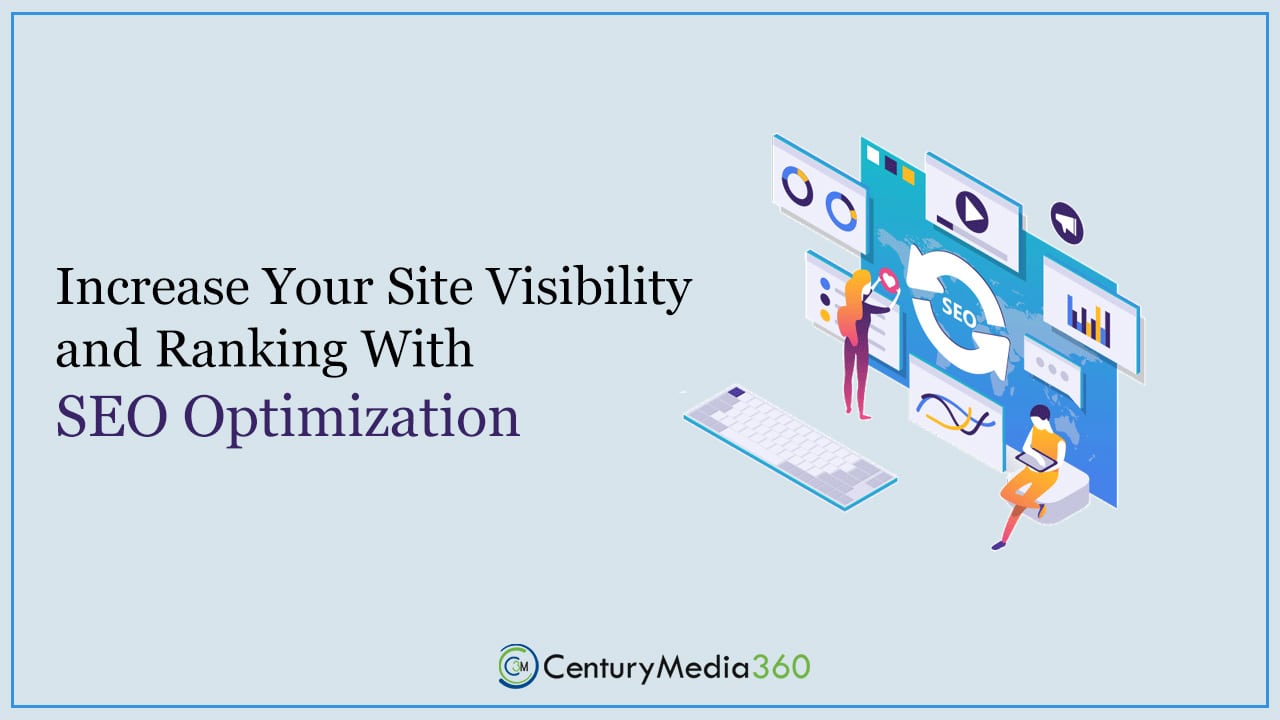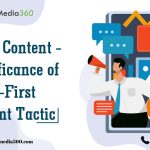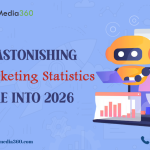SEO for Better Ranking and Conversion

The success of your website depends on your ability to optimize it for SEO and conversions. It will guarantee that your website is putting in the proper amount of effort. If your SEO is strong, you may draw in more visitors and increase your chances of converting them into paying clients.
Additionally, since SEO-optimized websites often have superior metrics like time on page and bounce rate, Google may give them a higher ranking.
You may Learn how to Optimize your Website for Conversions and SEO in the following Points and Techniques.
1. Review all the Information on your Website
One piece of data might not be able to tell you anything on its own, but as you gather more data, patterns begin to emerge. You might not have an issue if a few visitors to your site do not click on your CTA.
However, you might need to make some changes if many visitors disregard your CTA.
Google Search Console traffic statistics and user activity report aid in presenting a clear picture. For instance, user behavior reports show you how site visitors act once they arrive, and GSC (Google Search Console) data keeps track of important metrics like the number of sessions, the number of unique sessions, the bounce rate, and more.
2. Carry out in-depth Keyword Research
It used to be possible to choose a keyword randomly, create a 300-word article, and rank for that phrase the next day. SEO no longer functions in that way.
However, you may uncover keywords relevant to your business and niche using tools like Ubersuggest. Use it to identify long-tail keywords that correspond to the user intent of potential consumers. Consider the purpose of their search and the information they would expect to see on a website about it. Start off with a general keyword and see how it works.
3. Create Comprehensive, Valuable Content
According to reports, a blog article should be 1,600 words in length. But that’s only the beginning.
Google your main keyword and look at the top 10 results in the SERPs before deciding on the ideal article length. Do some of the pages have more words than 1,600? Yours ought to be too.
Not everything is about length. However, it informs Google that you’re offering additional details. You have a better chance of ranking higher if many of people read all the way through that page.
4. On-page SEO Optimization
When you’re creating particular pages for your website, on-page SEO explains how to optimize it. This group includes elements like meta tags, URL slugs, headlines, and subheadlines.
Your title should contain your main term, preferably right at the start. Additionally, it ought to be used in at least one subheadline and the slug. Aim for between 5 percent and 2.5 percent throughout the body copy. To avoid coming out as a keyword stuffer, try to stay away from the higher end.
Include your major and associated keywords in your subheadlines, body copy, and picture alt text. Give relevant context so Google will know exactly what you’re talking about.
5. Improve off-page SEO
Off-page SEO, often known as off-site SEO, describes the methods you use to optimize your website externally. Your site’s SEO may be enhanced via influencer marketing, guest blogging, social media engagement, and brand mentions.
Later on, we’ll discuss explicitly backlinks, but links, in general, may significantly impact SEO. Avoid acquiring links from unimportant, low-authority websites. They are not going to be of assistance. Instead, while looking for backlinks, you should concentrate on reputable publications.
6. Speed up the Website Pages
When it comes to SEO and conversions, page speed counts. If a page loads slowly, you’ll probably hit the “back” button and search for something else. Similarly, if you’re filling out a form and it’s taking too long to submit, you’ll finally give up.
With Google’s PageSpeed Insights, you can see how quickly your site loads on all devices and what particular issues you need to address to make it quicker.
7. Obtain credible Backlinks
Backlinks are a key component in improving your website’s ranking. When credible websites connect to yours, Google takes the link as an indication of the authority of your site. Your pages will move up the rankings as you develop a strong backlink profile.
It takes much effort to obtain excellent backlinks, but the effort will pay off. Think about sending emails to bloggers and influencers in your niche. Send them a link to your article and direct them to a website where you’ve shared some of their work.
Can SEO Increase Conversions on Your Website?
What happens to your conversions now that we’ve spoken about how to improve your SEO?
Results won’t be seen straight away. With the abundance of information available online, rankings take time to develop, so you must put in a lot of effort to create high-quality content, draw backlinks, and gain a Google reputation.
By sending relevant searches to your content, SEO increases conversions. If you make a page’s goal obvious, Google can appropriately rank it based on the consumer’s search intent.






